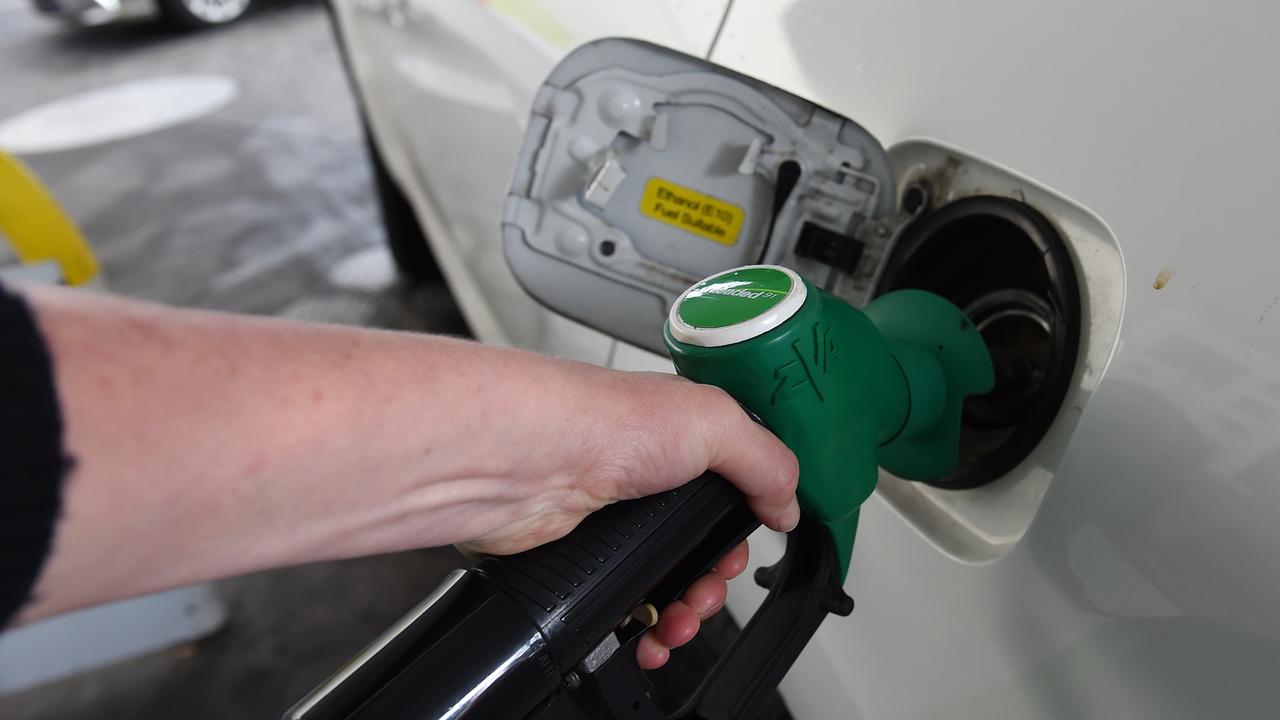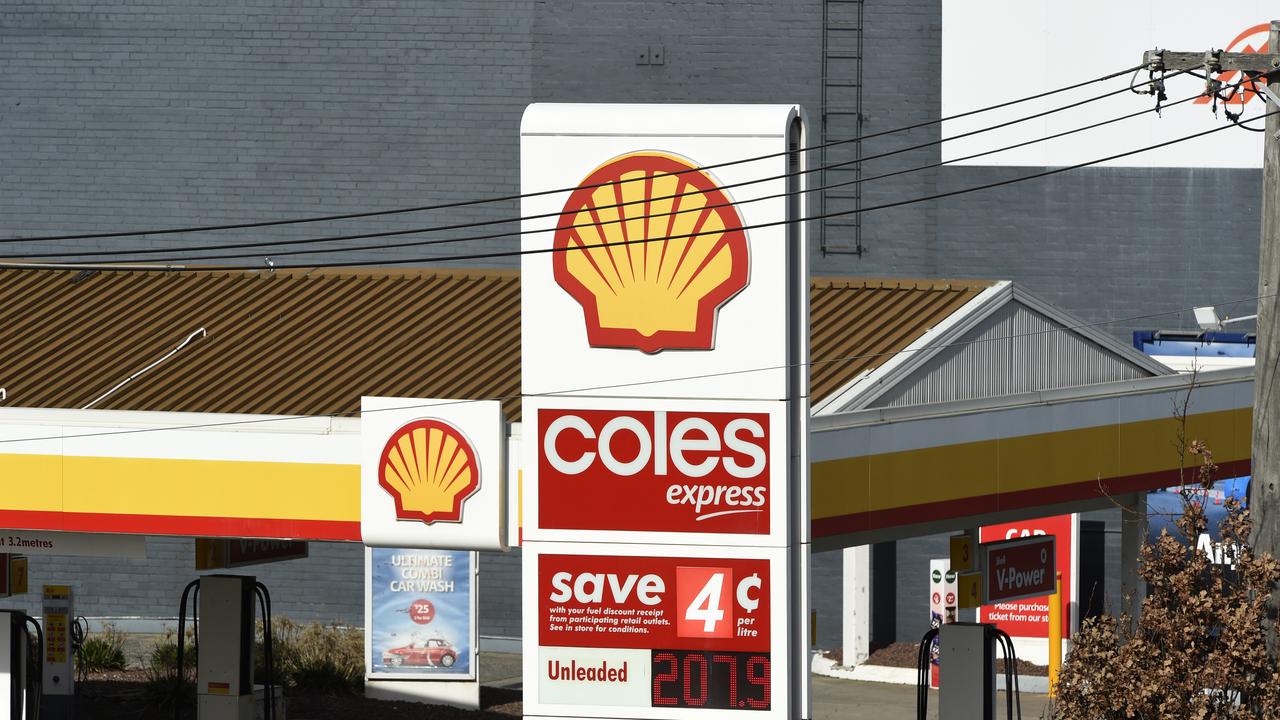Petrol prices hit 13-month low in multiple states
Petrol prices across multiple cities have reached 13-month lows, with some cities reporting peak drops of more than 40 cents.
Petrol prices have dropped to their lowest levels in 13 months across several capital cities.
Following peak prices of up to 230.6c in mid-April and early May, petrol prices in all capital cities have fallen dramatically.
At the end of last week, motorists filling up in Sydney were met with the lowest average price of 176.2c per litre.
The cost of a litre of petrol was 181.1c in Melbourne, 179c in Brisbane, and 179.4c in Darwin. Drivers in the nation’s capital paid the highest prices at 192.1c per litre.

Brisbane reported the biggest decrease from the peak prices in April of 51.6c. Sydney (44.2c) and Melbourne (43.9c) also reported significant shifts.
In other cities the difference was less pronounced. In Darwin it was 17.1c, Adelaide 24.8c, and prices in Perth just 13.8c.
Brent crude price have tumbled about 20 per cent since last year’s peak in September of $US96.55/barrel.

Australian Competition and Consumer Commission (ACCC) commissioner Anna Brakey last week urged motorists to use apps and websites, such as FuelCheck NSW, and programs from state Royal Automobile Clubs, to find the best fuel price.
Ms Brakey also urged consumers to monitor petrol price cycles, with costs in major cities like Sydney, Melbourne and Brisbane taking up to two weeks before they reach a “low point to the highest point”.
“A perception may be that all retailers increase prices at once, but our research shows this isn’t the case. If you see prices going up at one retail site, apps and websites can help to find another that hasn’t yet raised its price,” she said.
“There is also often a range of petrol prices available across retail sites at all points of the petrol price cycle, including large differences at certain points. Motorists have opportunities to use apps and websites to find retail sites with relatively lower prices and save.“
Treasurer Jim Chalmers has previously directed the ACCC to prevent against anti-competitive behaviour such as fixing prices or collusion on prices.
People with evidence of poor behaviour are also urged to contact the watchdog.




